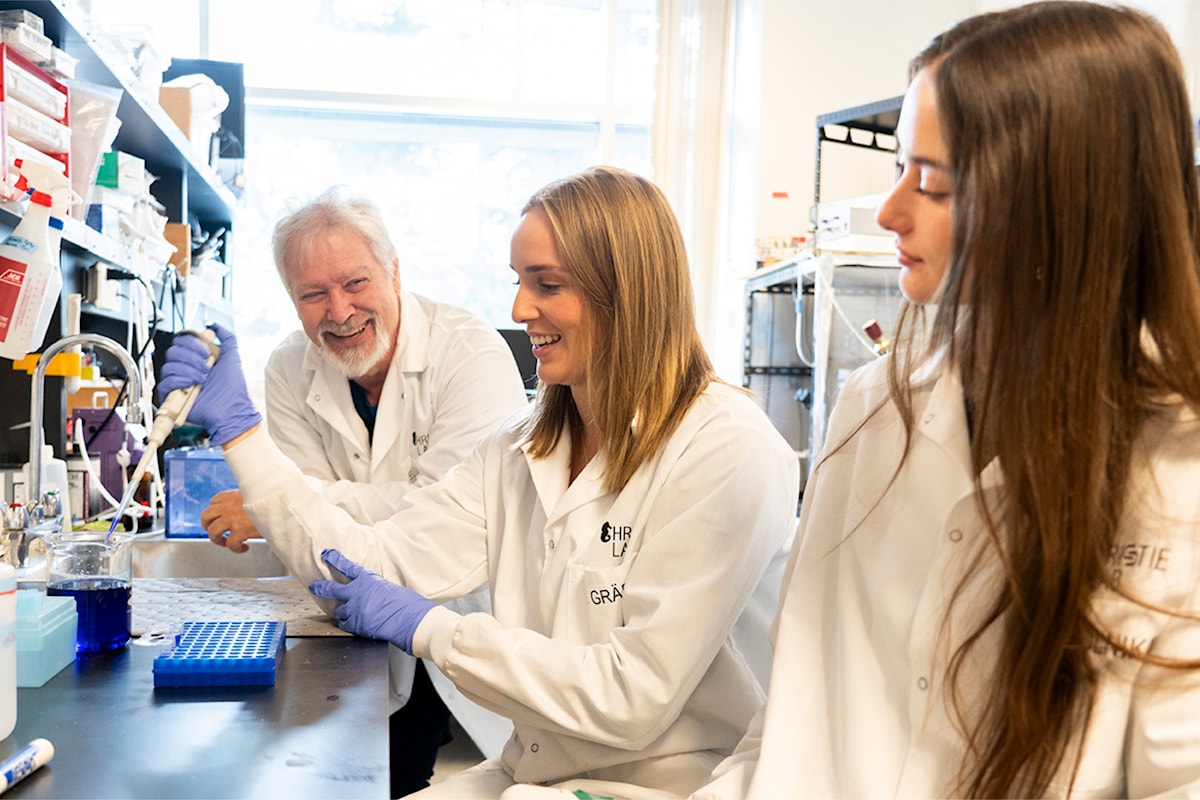Psychedelic compounds could offer new hope for people suffering from concussions and other traumatic brain injuries, according to new research from the University of Victoria.
Concussions and brain injuries affect an estimated 69 million people annually, often resulting from sports collisions, falls, road accidents and interpersonal violence. Effective treatments are limited, and there are no approved pharmacotherapies for these conditions.
A study from the Christie Lab at UVic examined the potential of two psychedelics—psilocybin, found in certain mushrooms, and 5-methoxy-N, N-dimethyltryptamine (5-MeO-DMT), found in toad venom and select plants—to aid recovery.
The research, published in Progress in Neuro-Psychopharmacology and Biological Psychiatry, was conducted by UVic researchers Zoe Plummer, Josh Allen, Justin Brand and Brian Christie, in collaboration with Leah Mayo from the University of Calgary and Sandy Shultz from Vancouver Island University.
“When someone receives a blow to the head, this sets off a cascade of events in the brain,” said Josh Allen, a UVic postdoctoral fellow in neuroscience. “One of these is inflammation, which can initially help brain tissue to repair.”
Allen said prolonged inflammation can lead to long-term problems, including learning and memory deficits, depression, anxiety and post-traumatic stress disorder.
“These conditions share features such as impaired neuroplasticity that keep patients trapped in rigid loops of thought and behaviour,” he added.
The review concluded that classical psychedelics may reduce inflammation in the injured brain while increasing neuroplasticity, helping the brain reorganize and form new neural pathways to compensate for damaged connections.
“Classical psychedelics have the potential to reduce inflammation in an injured brain, while also increasing neuroplasticity and helping the brain to reorganize, creating new neural pathways to compensate for lost or damaged connections,” said Brian Christie, director of the UVic Concussion Lab.
He added psychedelics may also help prevent psychiatric disorders linked to brain injury.
“By reopening windows of plasticity and inducing mind-expanding experiences, psychedelics also help prevent the development of depression, anxiety, and other psychiatric disorders associated with brain injury, and offer pathways to recovery.”
Researchers stress that more studies are needed to understand how psychedelics work on brain injuries and how factors such as age, sex and other health conditions may affect their safety and effectiveness.
The study was funded by the Canadian Institutes of Health Research.

